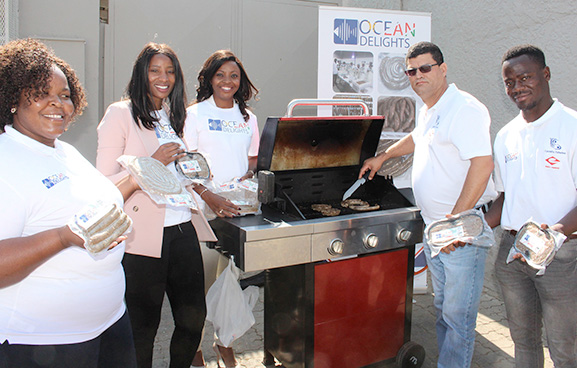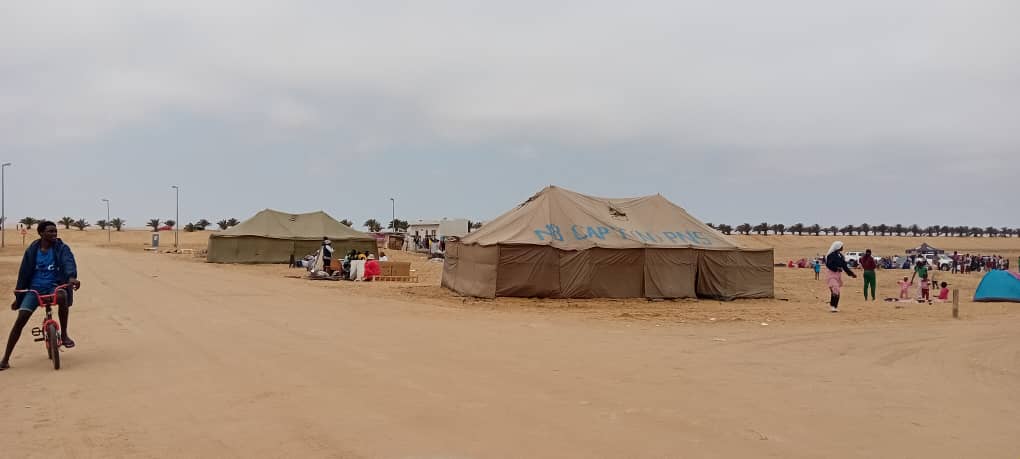A LOCAL company has come up with an idea of making sausages and other consumables from horse mackerel.
Casihika Food Processors, which is based at Walvis Bay, has introduced the fish sausages to a market dominated by beef and pork sausages.
Casihika is a joint venture between two fishing rights holders, Ehika Fishing and Cassidra Fisheries.
The company is owned by Namibia Maritime and Fisheries Training Institute (Namfi) director Sharon Neumbo and Naomi Kefas.
Among the range of products that Casihika will produce are fish burger patties, smokies, fish biltong, fish droewors and smoked fish boerewors, all under the brand of Ocean Delights.
Neumbo told yesterday that the idea of making fish sausages came from the call by the ministry of trade and industrialisation for Namibians to come up with initiatives to add value to raw materials.
“Both companies were new entrants into the market, and sought to find innovative ways to add value to the traditionally low- value horse mackerel. This was also at a time when the minister was calling on companies to embark on value-addition projects to create more jobs within the industry, and so this is how the idea was born,” she added.
They started off with a simple idea of processing fish for pet food, and also tried making fish mince.
According to her, the processing factory was built with money they got as dividends from fishing quotas they were awarded by the fisheries ministry.
Neumbo said they employ 20 people, and their production capacity is about 1,5 tonnes per day.
“We had a lot of ideas, such as pet food or fish mince. We have tried other things, like drying and the canning route, but we felt that the drying made the product lose a lot of value, and there are also other players in that sector. So, we wanted to try something different and be innovative,” she explained.
“We are yet to get financing, and very soon we will, as the demand grows and also to mechanise the factory more so that we can go faster,” she said.
She added that the market was “very receptive to our product, and they actually want more”.
“We realised that what is going to be part of our marketing strategy is to educate the local market to know and start buying our products,” she continued.
Another partner in the company, Annastasia Helao, who is a qualified food processor, said the products were “consumer- friendly as we do not use any chemicals to process the food”.
She added that it took them a while to set up the factory, and to start production.
“It took us a little bit of time to get everything in place, such as certification, and all the necessary requirements for a food processing factory to function,” Helao said.
The company also showcased their products at the recently ended Southern African Development Community (SADC) Industrialisation Week in Windhoek.
Helao added that exhibitors and other participants at the industrialisation week “also responded well to the product, and some of them want the product to be exported to their countries”.
Stay informed with The Namibian – your source for credible journalism. Get in-depth reporting and opinions for
only N$85 a month. Invest in journalism, invest in democracy –
Subscribe Now!










